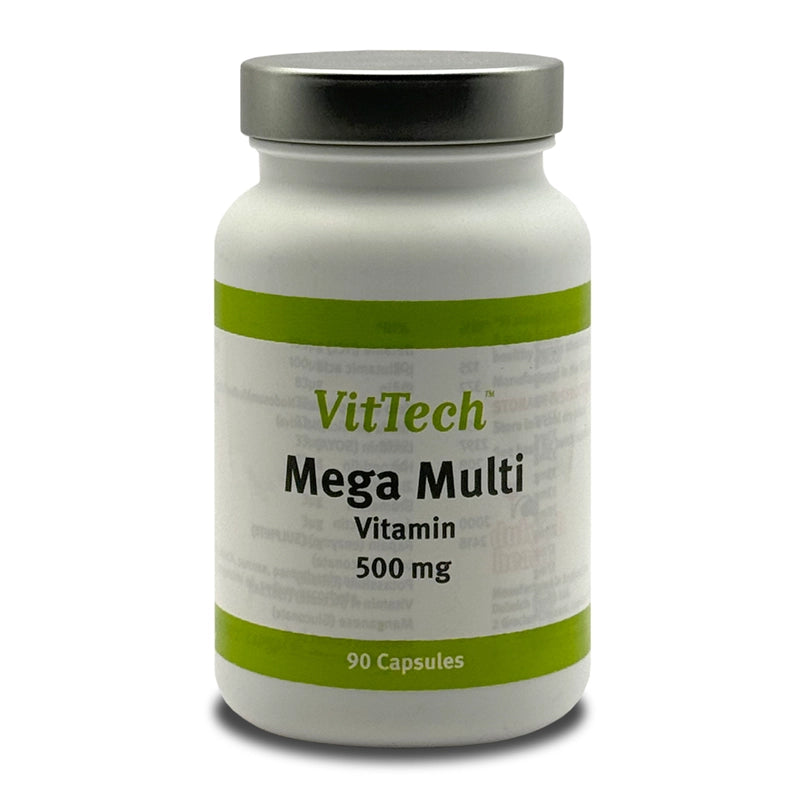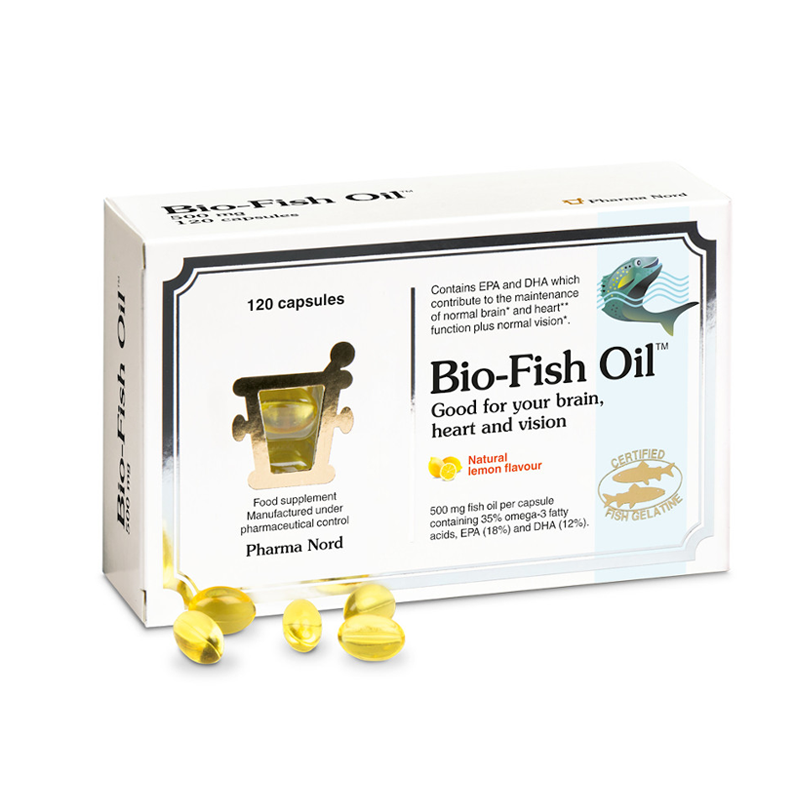Stress & Anxiety
Managing anxiety and stress for better health
Learn how lifestyle changes, nutrition and natural support can help reduce your risk of chronic stress and anxiety-related health problems.





What is stress?
What is anxiety?
Frequently Asked Questions
What's the difference between stress and anxiety?
Stress is usually triggered by an external factor such as work, relationships, or deadlines, and tends to ease once the situation resolves. Anxiety is a longer-term condition where symptoms like worry, tension, and restlessness may persist even without a clear trigger.
Why does stress upset my digestion and sleep?
Stress hormones like cortisol and adrenaline can speed up or slow digestion, leading to bloating or discomfort. They also keep the body in a heightened state of alert, which can make it difficult to fall asleep or stay asleep, creating a stress-sleep cycle.
What simple steps help prevent stress from becoming chronic?
Daily exercise, mindfulness, balanced nutrition, and good sleep routines can help. Practices like deep breathing, journalling, and limiting stimulants (caffeine, alcohol) also support long-term stress resilience.
Can nutrition really make a difference to stress levels?
Yes. Nutrients like magnesium, B vitamins, zinc, and omega-3s support the nervous system and may reduce feelings of stress and anxiety. Supplements such as Bio- Magnesium, Bio-Selenium + Zinc, and Bio-Fish Oil can complement a healthy diet.
When should I seek professional help for stress or anxiety?
If stress or anxiety is persistent, overwhelming, or interfering with daily life, or if you experience thoughts of harming yourself or others, seek urgent professional support. Call 999 in an emergency.








